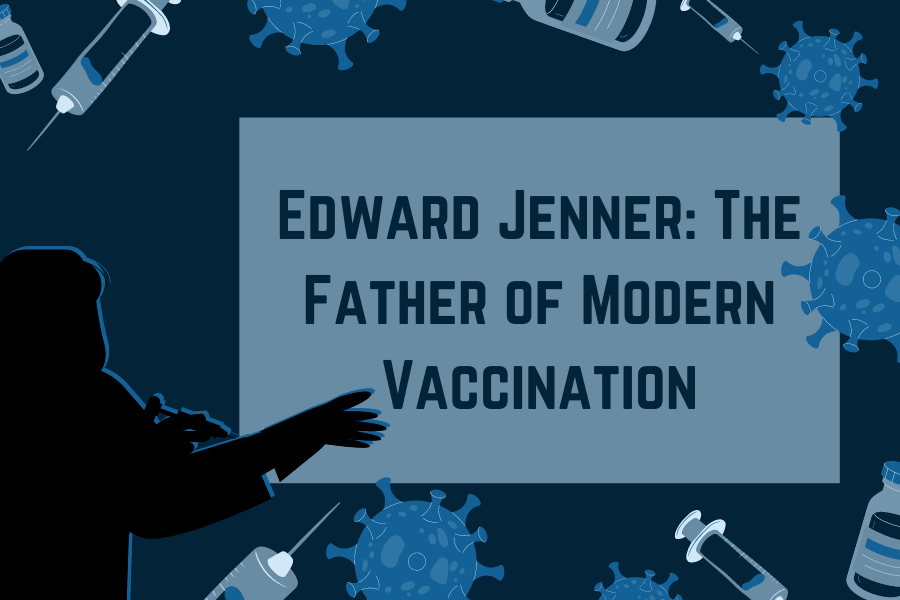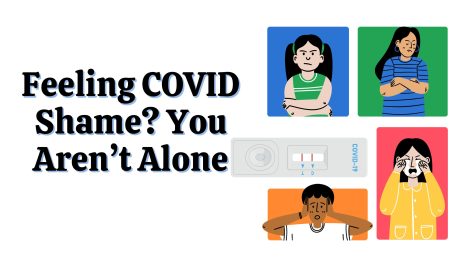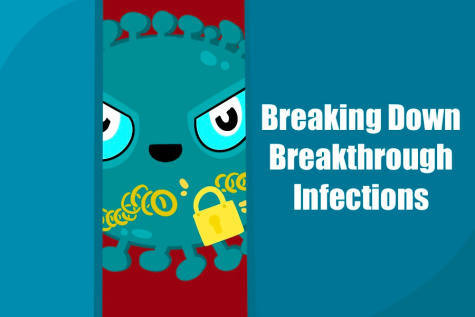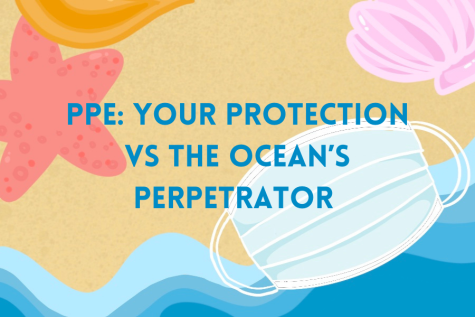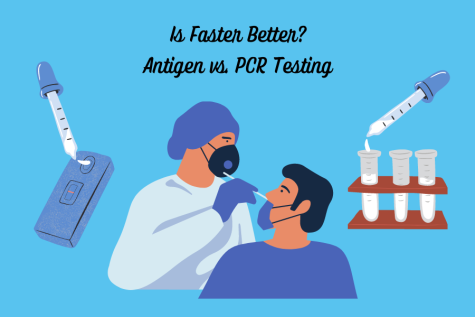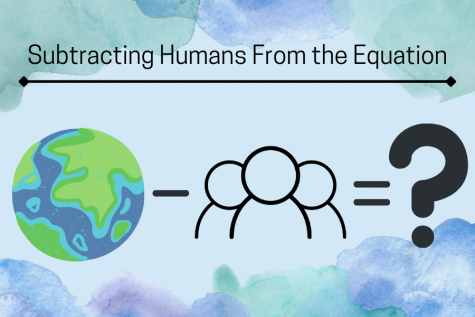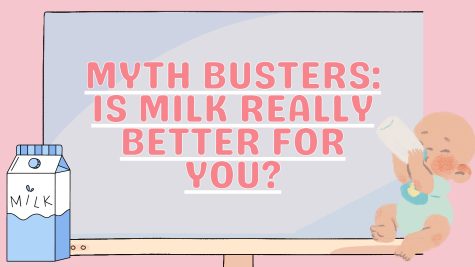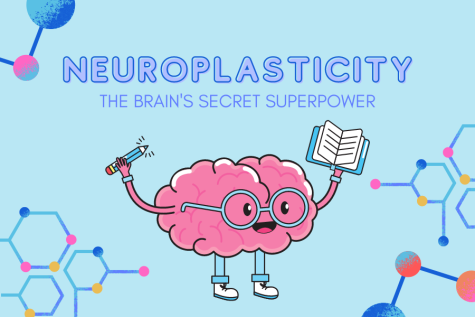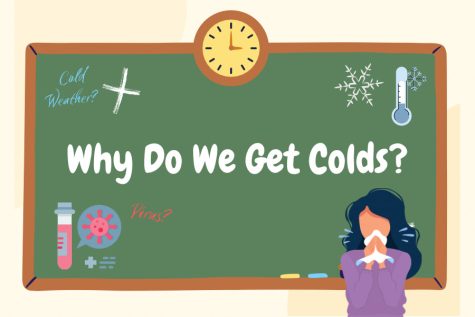Edward Jenner: The Father of Modern Vaccination
As pharmaceutical companies like Moderna and Pfizer continue to distribute their COVID-19 vaccines, social distancing restrictions are gradually being lifted, and our current isolated and lonely lifestyles are returning to normal.
Moderna and Pfizer use mRNA vaccines, which introduce specialized messenger RNA, or mRNA, into our bodies to help our cells produce antibodies. However, in most vaccines, the antigen—the weak or inactive portions of a virus—is injected into the body rather than mRNA. Despite the differences between the vaccines, they both work by prompting the immune system to produce the necessary antibodies to fight off pathogens, the disease-causing organisms, for when the actual virus infects the body. As millions are vaccinated and protected against COVID-19 and other infectious diseases, it is important to recognize the scientist who inspired the innovations of such life-saving vaccines: Edward Jenner.
It all started with smallpox, a lethal and infectious virus, which killed approximately 60 million people during the 18th century alone. Jenner was born during the 18th century and, after a near-death experience with smallpox, became a general surgeon in Berkeley, England.
In Berkeley, Jenner frequently interacted with local milkmaids from surrounding farms. Eventually, Jenner noticed that the milkmaids never contracted smallpox, despite the contagious and widespread nature of the disease. The milkmaids, however, did contract cowpox, a relatively harmless disease spread by cows. Pondering this, Jenner hypothesized that cowpox could be deliberately transprotect individuals against smallpox but could also potentially be transmitted from one person to another as a deliberate form of protection.
On May 14th, 1796, Jenner tested his hypothesis on eight-year-old James Phipps. Jenner took a pus sample from a local milkmaid and injected it into Phipps’ body. Phipps contracted cowpox but quickly recovered. Jenner then injected a small amount of smallpox material into Phipps. Surprisingly, Phipps did not develop any symptoms and instead became immune to the disease. Jenner wrote of his findings, and the practice gradually became respected by physicians and the general public.
In 1980, nearly two centuries after Jenner’s death, the World Health Organization declared that smallpox was “dead,” becoming the first major disease to become eradicated. Jenner’s findings significantly influenced progress in various modern vaccinations, which allowed for once fatal diseases like polio, measles, and mumps to be nearly eliminated from most countries. In addition, COVID-19 vaccines still maintain the basis of Jenner’s ideas to produce an immune response against the disease. Through the millions of vaccinations being injected per year, Jenner’s work will continue to impact and improve our daily lives, especially during the COVID-19 pandemic.
Work Cited:
Britannica. www.britannica.com/biography/Edward-Jenner. Accessed 26 May 2021.
Britannica. www.britannica.com/science/smallpox. Accessed 26 May 2021.
Centers for Disease Control and Prevention. www.cdc.gov/coronavirus/2019-ncov/vaccines/different-vaccines/mrna.html. Accessed 26 May 2021.
US National Library of Medicine. www.ncbi.nlm.nih.gov/pmc/articles/PMC1200696/. Accessed 26 May 2021.
World Health Organization. www.who.int/news-room/feature-stories/detail/how-do-vaccines-work. Accessed 26 May 2021.

